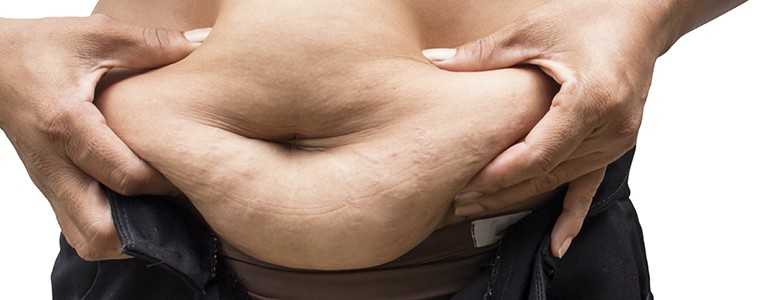Skipping meals can lead to abdominal weight gain and insulin resistance which can increase the risk of type 2 diabetes, a study finds.
Ohio State University researchers conducted a study on mice in which one group consumed their day’s food in one single meal, fasting for the rest of the day.
They went on to develop insulin resistance, which is a key risk factor in prediabetes. A control group of mice, meanwhile, had unlimited access to food.
The first group on the restricted diet had calories added back into their diets which helped them regain weight. By the end of the study, their weight had nearly matched the mice in the control group.
However, the fat around their abdomen weighed more among the mice in the restricted diet. When this fat is excessive in its amount, it is associated with insulin resistance and the risk of type 2 diabetes and heart disease.
Remaining glucose
The researchers observed that glucose remained in the blood of the mice that ate the one big meal. Glucose production normally stops after a meal, when the pancreas releases insulin to remove the glucose. But in these mice, the liver reacted differently.
Martha Belury, senior author and professor of human nutrition at The Ohio State University explained: “These mice don’t have type 2 diabetes yet, but they’re not responding to insulin anymore and that state of insulin resistance is referred to as prediabetes.
“This does support the notion that small meals throughout the day can be helpful for weight loss, though that may not be practical for many people. But you definitely don’t want to skip meals to save calories because it sets your body up for larger fluctuations in insulin and glucose and could be setting you up for more fat gain instead of fat loss.”
The results of this study were published online in the Journal of Nutritional Biochemistry.






